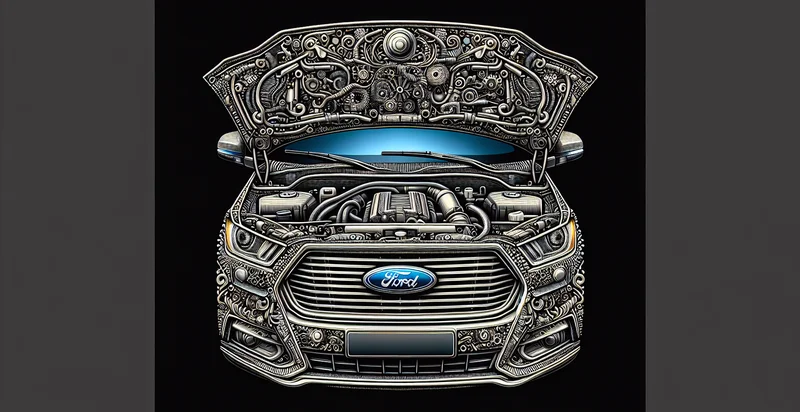Identify ford models
using AI
Below is a free classifier to identify ford models. Just upload your image, and our AI will predict if it's a Ford model or not - in just seconds.

Contact us for API access
Or, use Nyckel to build highly-accurate custom classifiers in just minutes. No PhD required.
Get started
import nyckel
credentials = nyckel.Credentials("YOUR_CLIENT_ID", "YOUR_CLIENT_SECRET")
nyckel.invoke("ford-models", "your_image_url", credentials)
fetch('https://www.nyckel.com/v1/functions/ford-models/invoke', {
method: 'POST',
headers: {
'Authorization': 'Bearer ' + 'YOUR_BEARER_TOKEN',
'Content-Type': 'application/json',
},
body: JSON.stringify(
{"data": "your_image_url"}
)
})
.then(response => response.json())
.then(data => console.log(data));
curl -X POST \
-H "Content-Type: application/json" \
-H "Authorization: Bearer YOUR_BEARER_TOKEN" \
-d '{"data": "your_image_url"}' \
https://www.nyckel.com/v1/functions/ford-models/invoke
How this classifier works
To start, upload your image. Our AI tool will then predict if it's a Ford model or not.
This pretrained image model uses a Nyckel-created dataset and has 2 labels, including F 150 and Mustang.
We'll also show a confidence score (the higher the number, the more confident the AI model is around if it's a Ford model or not).
Whether you're just curious or building ford models detection into your application, we hope our classifier proves helpful.
Related Classifiers
Need to identify ford models at scale?
Get API or Zapier access to this classifier for free. It's perfect for:
- Automobile Dealership Inventory Management: The 'ford models' identifier can be used by automobile dealerships to classify and manage their inventory more efficiently. By automatically identifying Ford models in uploaded vehicle images, dealers can streamline their cataloging process and ensure accurate listings on their websites.
- Insurance Claim Processing: Insurance companies can utilize the classification function to speed up the processing of claims involving Ford vehicles. By automatically identifying the model from uploaded photos, insurers can quickly verify coverage and assess damage, resulting in faster claim resolution.
- Market Research and Analytics: Researchers and analysts can leverage the identifier to gather data on Ford model prevalence in certain regions. This information can provide insights into consumer preferences and trends, aiding businesses in making informed marketing and product development decisions.
- Car Rental Services: Car rental companies can adopt the classification function to streamline their fleet management. By automatically identifying Ford models from customer-uploaded images of rental agreements or vehicles, they can ensure proper vehicle tracking and inventory control.
- Automotive Parts Supply Chain Optimization: Parts suppliers can use the identifier to match Ford models with appropriate spare parts. By automating the classification, suppliers can enhance their inventory accuracy and reduce the likelihood of mismatched parts, improving customer satisfaction.
- Automotive Safety and Recall Management: Regulatory bodies can utilize the 'ford models' identifier to monitor Ford vehicles for safety recalls. By quickly identifying the model of vehicles involved in safety issues, they can enhance compliance measures and improve public safety.
- Mobile Applications for Car Enthusiasts: Developers can create mobile apps for car enthusiasts that integrate the model identification function. Users can upload pictures of Ford vehicles to identify their model, learn more about specifications, and connect with local car clubs, enhancing community engagement.


